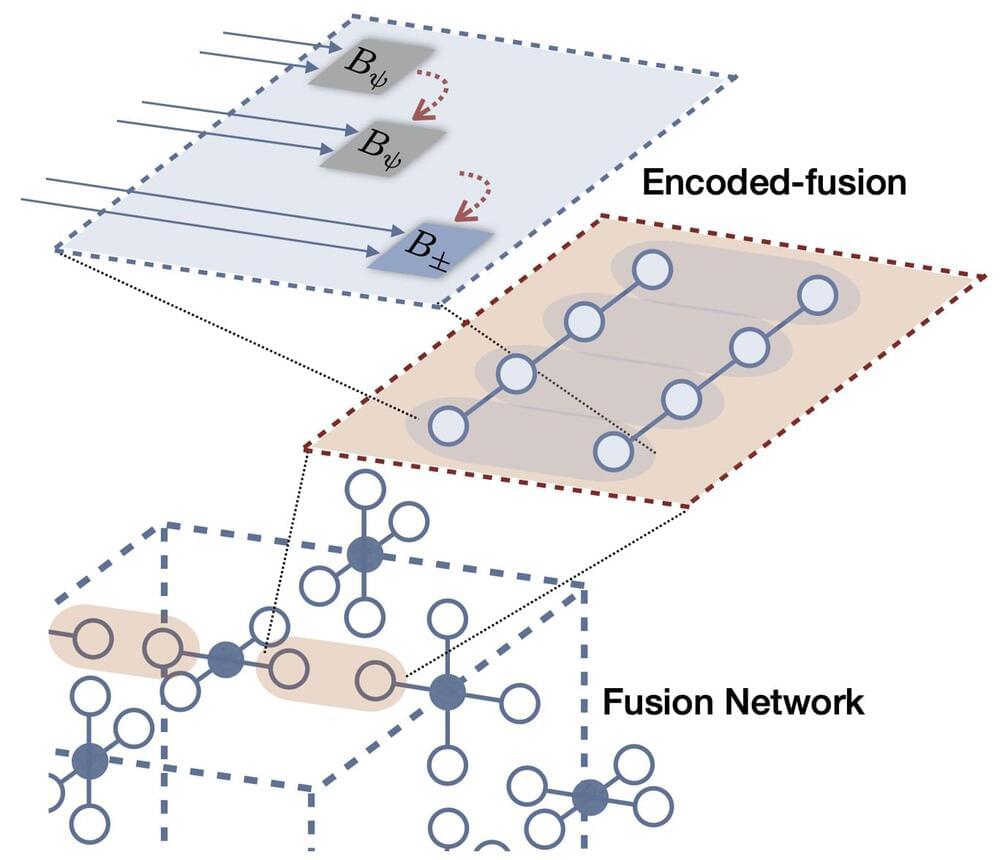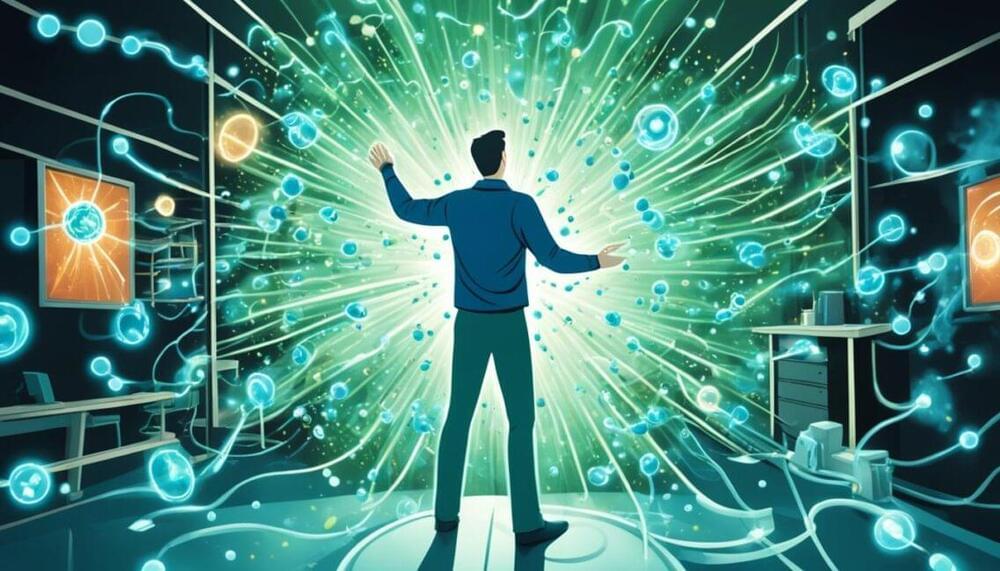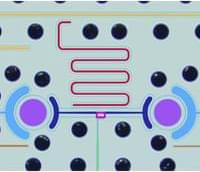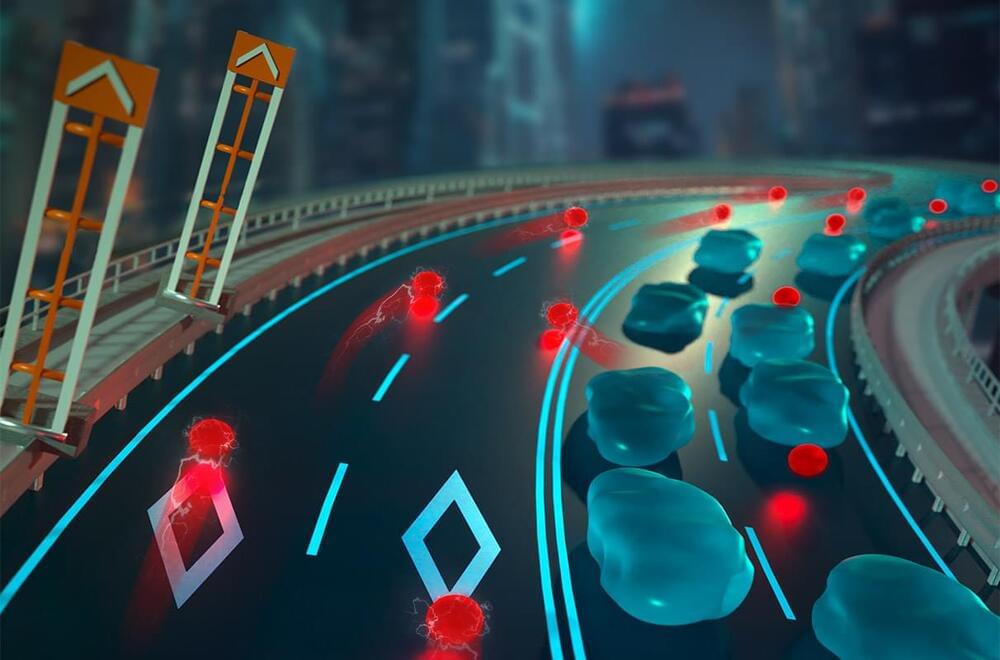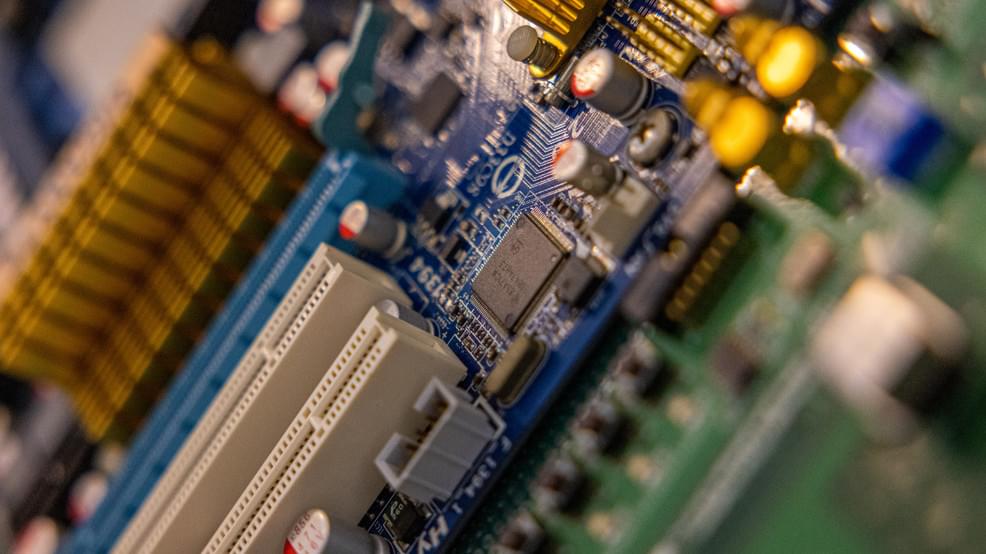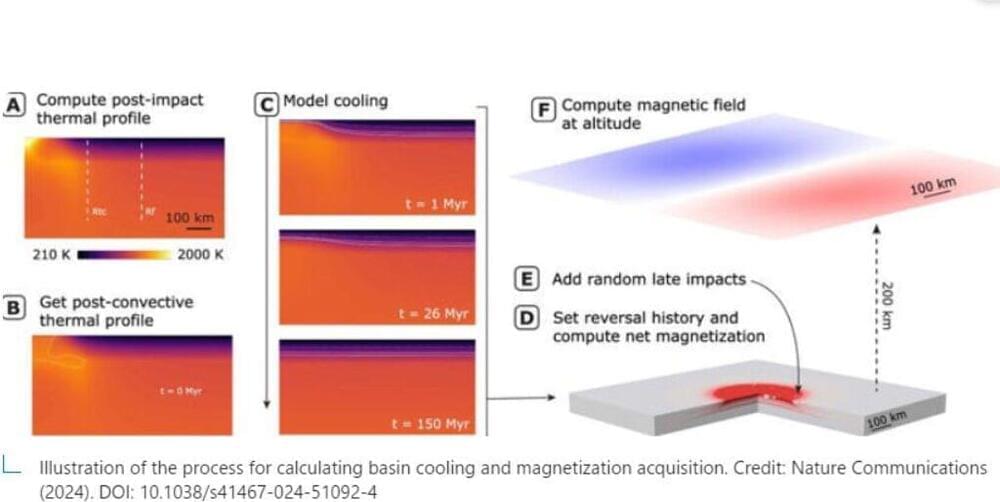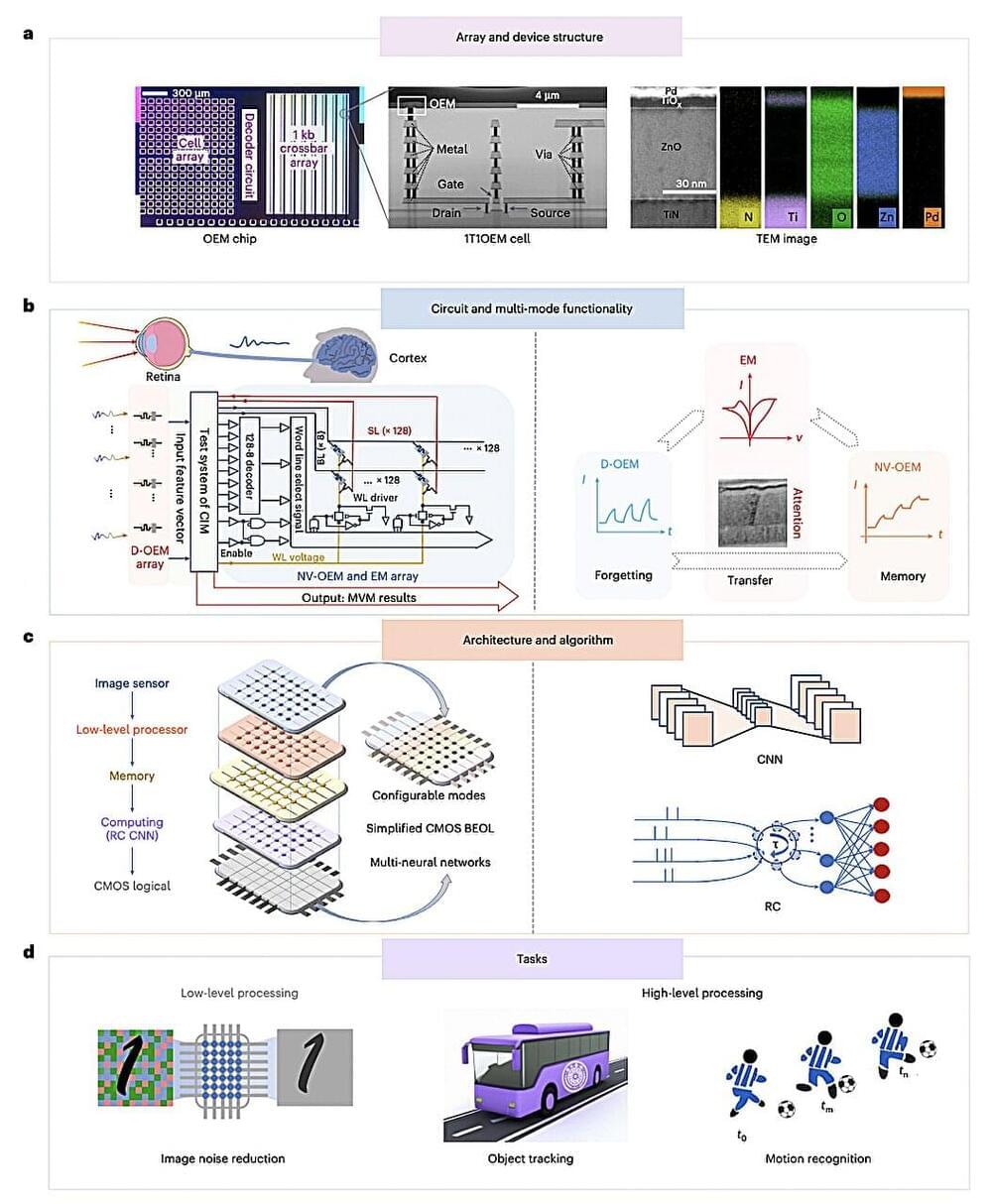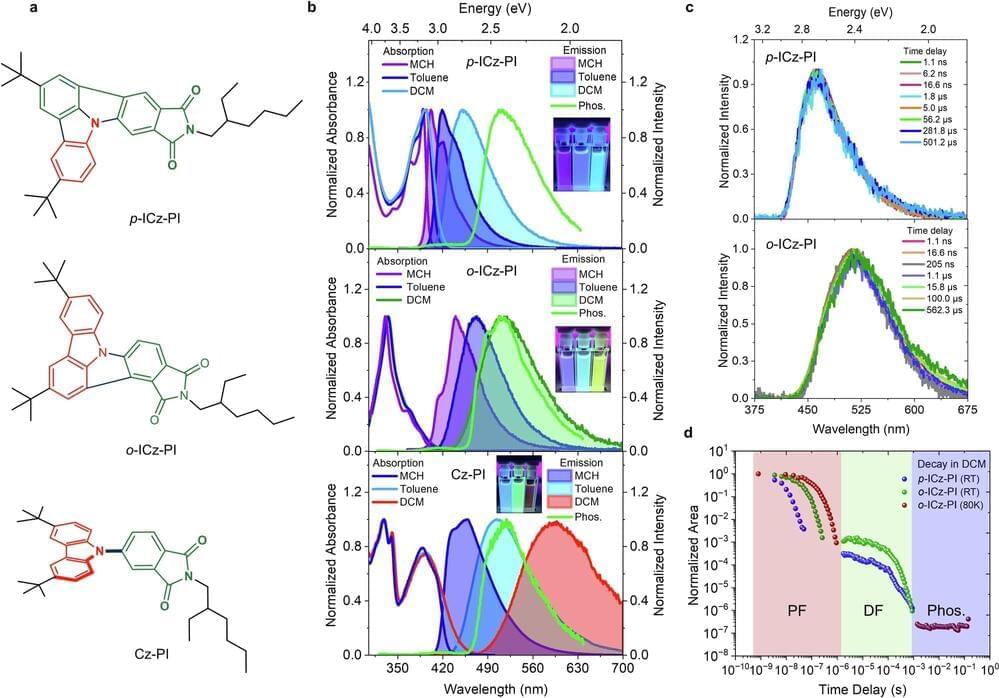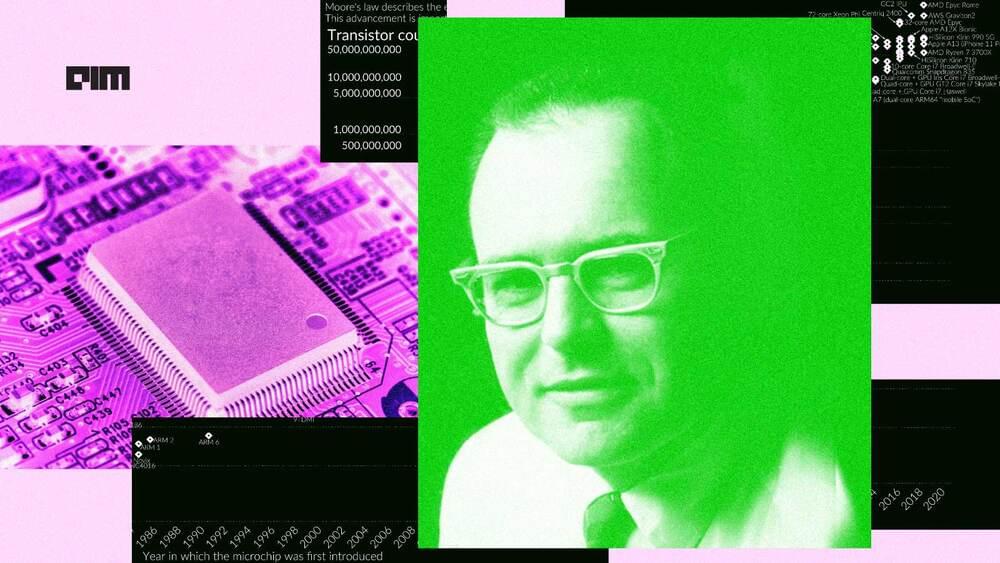Evidence suggests Mars could very well have been teeming with life billions of years ago. Now cold, dry, and stripped of what was once a potentially protective magnetic field, the red planet is a kind of forensic scene for scientists investigating whether Mars was indeed once habitable, and if so, when.
The “when” question in particular has driven researchers in Harvard’s Paleomagnetics Lab in the Department of Earth and Planetary Sciences. A new paper in Nature Communications makes their most compelling case to date that Mars’ life-enabling magnetic field could have survived until about 3.9 billion years ago, compared with previous estimates of 4.1 billion years—so hundreds of millions of years more recently.
The study was led by Griffin Graduate School of Arts and Sciences student Sarah Steele, who has used simulation and computer modeling to estimate the age of the Martian “dynamo,” or global magnetic field produced by convection in the planet’s iron core, like on Earth. Together with senior author Roger Fu, the John L. Loeb Associate Professor of the Natural Sciences, the team has doubled down on a theory they first argued last year that the Martian dynamo, capable of deflecting harmful cosmic rays, was around longer than prevailing estimates claim.

